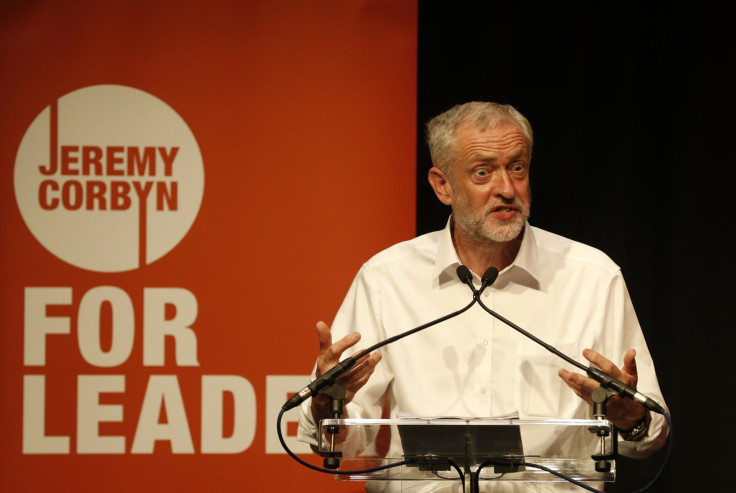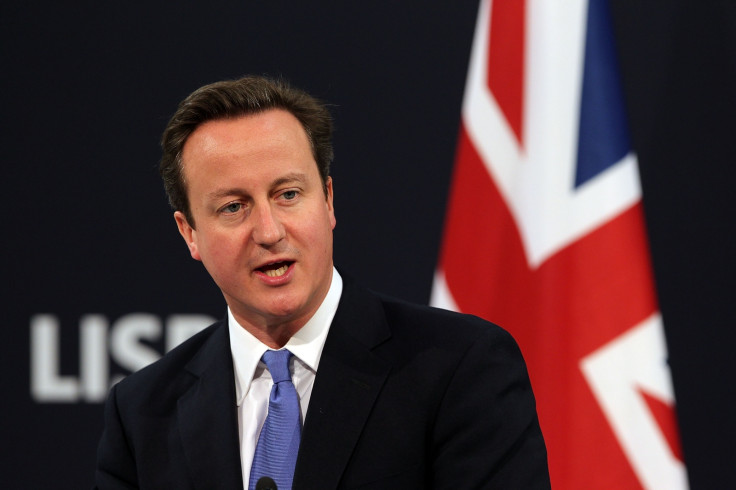Jeremy Corbyn: Labour win means electoral obscurity while defeat will lead to supporter fury

When, back in June, Toby Young, writing in the Telegraph, suggested Tories should join Labour for the bargain price of £3 to vote for Jeremy Corbyn, I thought "why not?". Of course I could have watched from the sidelines as Labour imploded, but having skin in the game was all the more piquant. Reader, it was worth it. And it's still paying out.
Looking at my inbox, I'm best friends with Andy and Yvette, and Sadiq has been positively gushing. Mind you, Liz has been disappointingly chilly and Jezza has been surprisingly aloof for a man of the people, but perhaps that's one of those handicaps of a grammar school education he wants to save us from.
As I sit here writing, debate rages over how to stop "entryists" from spoiling Labour's party. Sometimes it's those of the left that are feared, the so-called £3 Trots, sometimes those of the right, such as me.
Purge them, says most of those running the other candidates' campaigns. What this amounts to, of course, is suggesting those who have obtained the right to vote not be allowed to do so because they might vote for the "wrong" candidate. This is in the true spirit of that great builder of socialism Joseph Stalin, who said it doesn't matter who votes or who they vote for; what matters is who counts the votes and how they count them.
Then there is the chunk of the party, MPs particularly, which appears to be saying that if the wrong man wins, they will simply toss him out and do the election again, with a more restricted franchise. This is, of course, the modern democratic way as practised in the European Union: ask people to keep on voting until you get the result you want. This interesting choice is modern-day Labour for you.
Poisoning the electoral process
I do hope you're going to do this too, I said to my arch-Tory sister-in-law. Certainly not, she said, partly because she thought having anything to do with the Labour Party would be defiling and partly because she didn't believe in nobbling elections.
I thought about this. Having spent two thirds of my adult life living and working in the Far East, perhaps I am more susceptible to the idea of why fight a pitched battle when you can win by stealth? But the idea of poisoning the electoral process, that was something to reflect on.
Not, however, for very long. After all, hadn't the Labour Party done just that in some of the nation's largest cities, through changing the rules on postal voting back in 2001 and then ignoring evidence of widespread manipulation and fraud? And didn't Gordon Brown try to create a Labour-voting client base by introducing a bewildering number of new handouts in various guises, then intimating that the Tories would take them away?
One thing those 20-odd years in the Far East taught me was to recognise clientalist politics when I saw them. And the fact that, after an economic collapse unseen since the 1930s, Labour came within 50 seats of the Tories in 2010 showed Brown's strategy almost worked. So, when it comes to playing fast and loose with electoral systems, Labour hasn't exactly stuck to Queensbury rules.
Conventional wisdom has it that stopping Corbyn from winning — even if Burnham beat him fairly and squarely — would lead to the disapproval of Labour in the eyes of many of its most active supporters. A Corbyn victory, on the other hand, would relegate Labour to electoral obscurity for a generation — although boundary changes and Scotland might well do that anyway. For Tories, is there any downside? Perhaps. Which is why, although I have been able to vote for a week, I still haven't done so.
Corbyn an 'embarrassment to Labour'
Corbyn and his far-left principles have been a joke for 30 years, a sort of real-life epilogue to Citizen Smith. He's been an embarrassment to Labour, but tolerated because he keeps winning elections in Islington and perhaps also because he represents a kind of ideological purity that colleagues "grown cold and old and weary" still respect.
Corbyn's supporters say he represents something new. That's because so many of them were raised amid the ideology-lite managerialism of the Blair/Brown years, and they turn to his moral certainties "as swimmers into cleanness leaping". You have to be at least 50 to have voted for Michael Foot's "longest suicide note in history", the same age to have stood, as I did myself, on a miners' picket line.

You need to be around 60 to have any adult memories of shivering in the dark during the three-day week. Corbyn is a throwback to those years, a Peter Pan of baby-boomer radicalism; like flared trousers and platform shoes, he's been out of date so long, he's back in fashion, not New Labour but Revenant Labour.
The worry is that, simply be being leader of Her Majesty's Opposition, he gives ideas which we thought long vanquished new intellectual respectability, and we find, as Faulkner put it, "the past is never dead. It's not even past".
Do we have to fight that huge battle championing individual freedom, effort and responsibility against the suffocating hand of socialist paternalism all over again? And are David Cameron and George Osborne the people to lead such a struggle — the Margaret Thatcher and Keith Joseph of our time? There's a chilling thought. And given the Tories' historical aptitude for embracing the popular and to hell with ideology, might we not, in fact, see the national political conversation make a great leap leftward, with Corbyn making the political weather and the Tories trimming their sails accordingly?
It is for these reasons that, so far, I haven't voted. I still might, I might not. Don't get me wrong, I don't give a fig for the roadworthiness of that hypocrites' bandwagon, the Labour Party. But there is still reason — and time — to at least ponder the damage a Corbyn leadership might do, not to Labour, but to the rest of us.
© Copyright IBTimes 2025. All rights reserved.





















